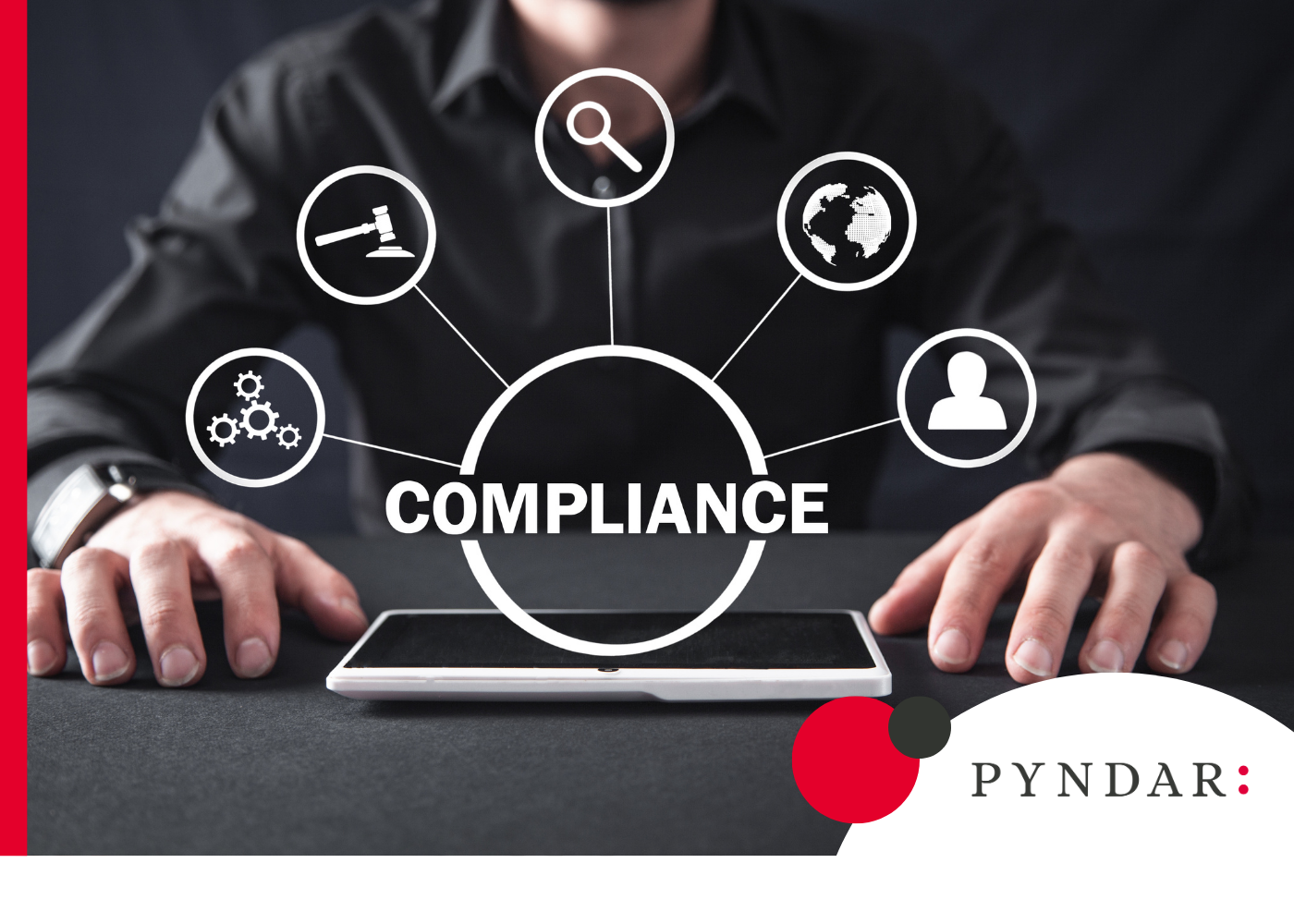Avoid common greenwashing pitfalls
More than three in five consumers surveyed say environmental impact is an important factor in making purchasing decisions, with data showing that 66% of those surveyed would be willing to pay more for sustainable products. To satisfy these shifting consumer attitudes, some big brands are using ‘smoke and mirror’ strategies to profit, diverting attention from a lack of real progress.
The number of adverts banned for greenwashing in a year has tripled, according to Advertising Standards Authority (ASA) analysis by The Independent, at the same time that expectations around sustainability efforts and the way they are communicated have become more pressing.
Will the attention that some brands have received from the ASA in the past discourage businesses with good intentions from talking about sustainability, for fear of negative backlash?
How can organisations successfully articulate their sustainability efforts in a way that demonstrates their commitment to long-term progress, and avoid falling foul of greenwashing tactics?
The challenge of transparency
Rising consumer awareness and demand, as well as the ASA’s and The Competitions and Markets Authority (CMA’s) crackdown on greenwashing, is resulting in higher expectations for organisations: are companies giving sustainability issues the strategic focus it needs?
But in the rush to demonstrate sustainable initiatives, there is a risk that organisations are being less than transparent when it comes to the claims they are making. Although the CMA doesn’t give an exact definition of greenwashing, it is essentially any vague or misleading marketing that exaggerates a brand’s green credentials or obscures real environmental impact.
Sustainability is a complex task, even for an industry such as facilities management, that uses a large volume of products and where it might be assumed there could be some ‘quick wins’ through changing suppliers. But after digging into the detail of supply chains, it often becomes apparent that there is a lot of confusion around what constitutes ‘sustainable’.
The difficulty is down to interpretation. Without consistently defined terms and practices, one person’s idea of sustainability might not be true sustainability, and what feels like an easy solution to a problem isn’t always the right way – there is no magic bullet.
To avoid falling into greenwashing traps, there are some key red flags that organisations should investigate more closely within their supply chains:
- The overuse of terms like ‘green,’ ‘organic’ and ‘sustainable’ to purposely mislead customers or paint an image of an environmentally friendly company and product – something that is described as ‘biodegradable’ might only decompose in specific environments, over many years, for example.
- A lack of evidence – if a company claims ethical practice, its production should be easy to trace.
- Relevancy – simply following basic environmental laws doesn’t mean a company can claim ethical practice.
- Smoke and mirrors – narrow or skewed criteria or using one small area of sustainability to paint a better overall picture of the business.
Why getting it right matters to businesses
Reputational protection
Organisations need to do more than just pay lip service to sustainable practices. When carried out correctly, sustainable practices create goodwill for business reputations and contribute positively to their brands’ health and performance.
Competitive advantage
Embedding sustainability strategies across an organisation can help to attract the top talent. Increasingly, staff members expect more from their employer than a salary and a place to work; they want to work somewhere with values that are aligned with their own, an organisation which can demonstrate they are effecting positive change in the world.
Research from Hays recruitment specialists found that 27% of staff surveyed would be prepared to accept a lower-paid job for work with a better work-life balance and more purpose.
Purpose equals profit
Business leaders are realising the power of sustainable business strategies as a way of becoming more active on global challenges without hampering the success of their own organisations. Harvard Business School Professor Rebecca Henderson notes: “You can’t use business to do good in the world if you’re not doing well financially. Doing well and doing good are intertwined, and successful business strategies include both.”
The larger the company, the greater its responsibility for enacting positive change, and the more scrutiny that will be placed on environmental claims and messaging. But sustainability goes far beyond brand claims. Until terms and definitions are made more consistent, a lot of the obligation falls on individual businesses to be transparent about their products and practices.
Contact us at transform@pyndar.uk to find out more about our approach and how we work with businesses like yours.
Trends & Insights
Reflecting on progress: Facilities management in 2025 and the trends shaping 2026
In this article, we review some of the key developments from 2025 and explore the trends that will define facilities manageme... Read more
Beyond space and technology: What the office of tomorrow will deliver
The role of the office is evolving rapidly. Hybrid work models, shifting staff expectations, and technological innovation are... Read more
The top five compliance risks in facilities management
Facilities management (FM) plays a critical role in shaping organisational success. When managed well, it safeguards people, ... Read more



